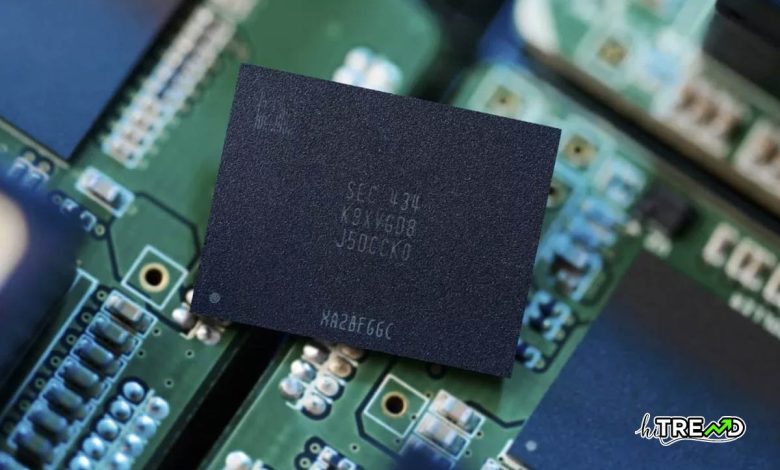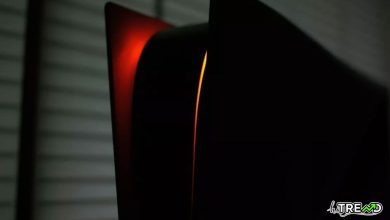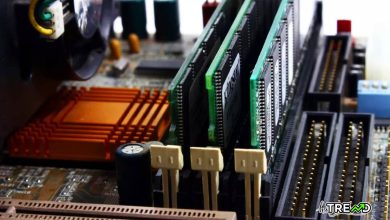Faster and cheaper SSDs may be coming as Samsung’s 280

In brief: Samsung has just begun mass production of its 9th generation QLC V-NAND flash memory, and it’s more than just a minor upgrade. This breakthrough technology promises to significantly lower SSD pricing while providing a substantial performance boost, thanks to dramatically improved speeds and densities. Faster and cheaper SSDs may be coming as Samsung’s 280
Samsung has utilized groundbreaking manufacturing techniques to pack an impressive 280 layers of memory cells into each chip, thanks to its innovative “double stack” design and “Channel Hole Etching” technology.
According to initial reports from January, Samsung’s new 9th-generation QLC NAND chips are 50 percent denser than competing 232-layer QLC from YMTC, setting a new standard for areal density in the flash memory industry. They also offer a maximum transfer rate of 3.2 Gbps, a significant increase from the 2.4 Gbps data rate of the previous generation. This advancement suggests that the performance of these new chips may soon rival that of older budget TLC-based drives.
You can read more Technology articles
Samsung has also integrated several advanced technologies into its new QLC NAND. Designed Mold technology enhances cell uniformity across all layers, reportedly improving data retention by about 20 percent. The Predictive Program system anticipates state changes to minimize unnecessary operations, while the Low-Power Design reduces cell voltage, cutting read and write power consumption by 30 percent and 50 percent, respectively.
These innovations result in QLC NAND with read-write speeds up to 60 percent faster than the previous generation, while increasing overall density by an impressive 86 percent. Samsung claims that these 9th-generation QLC chips could potentially enable pricing that is nearly 50 percent lower than the highest-capacity SSDs currently available on the market. Faster and cheaper SSDs may be coming as Samsung’s 280
Currently, Samsung is mass-producing 1TB versions of these new QLC NAND chips, initially supplying them for its own branded consumer storage products. However, the tech is expected to trickle down to other types of storage in the coming months, including mobile devices, PCs, servers, and cloud data centers. While not officially confirmed, there are also expectations for 16TB M.2 SSDs in the near future.
Competitors are actively advancing their own technologies as well. For instance, Japanese memory manufacturer Kioxia has presented a roadmap to achieve 1,000-layer 3D NAND by 2027.
Follow HiTrend on X





